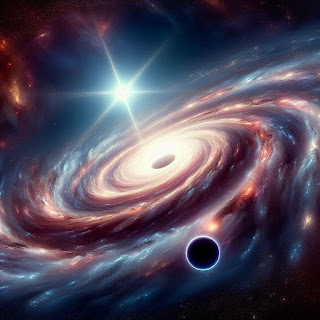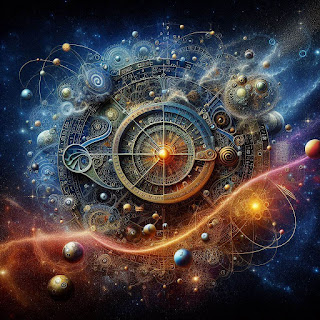Science is Lame without Philosophy

While science provides with only information about the natural world through observation and experimentation, philosophy helps interpret and make sense of this knowledge by asking deeper questions about existence, ethics, and the meaning of life. Without philosophy, science becomes limited in its ability to address these fundamental questions, making it less meaningful and impactful. Philosophy helps understand the limitations of science and the ways in which it can be misused or misunderstood. For example, the philosophy of science teaches us about the importance of skepticism and critical thinking in evaluating scientific claims, as well as the need for humility in recognizing the fallibility of scientific knowledge. Without these philosophical insights, science runs the risk of being dogmatic and closed-minded, unable to adapt to new evidence or ideas that challenge prevailing theories. Philosophy helps grapple with the big questions that science alone cannot answer, such as the n...












